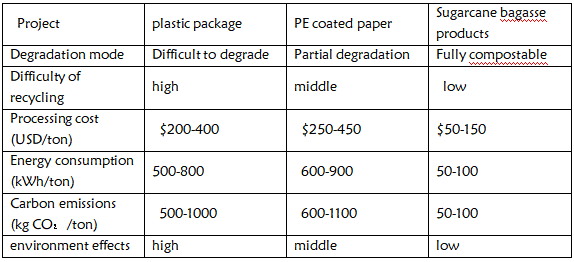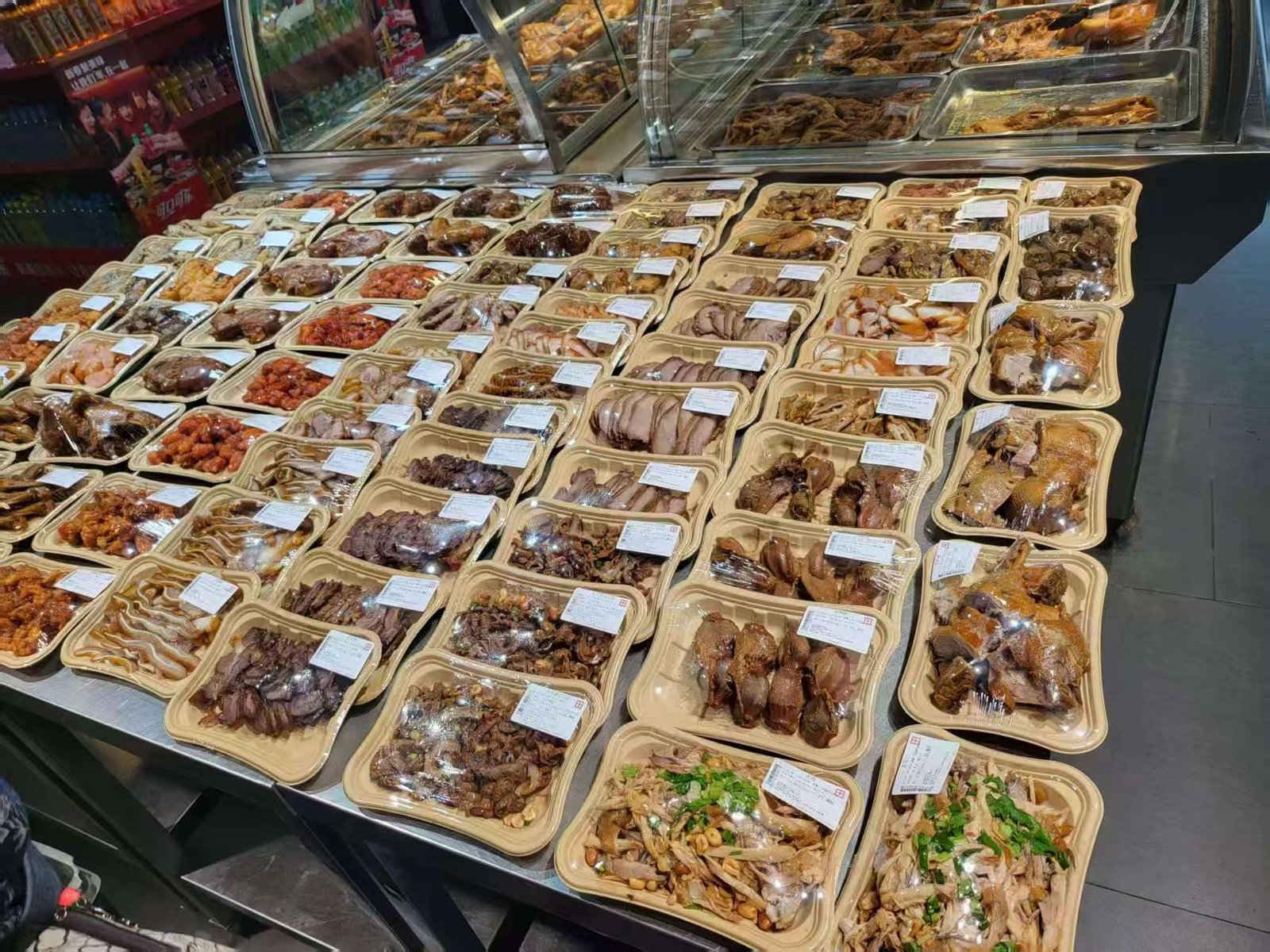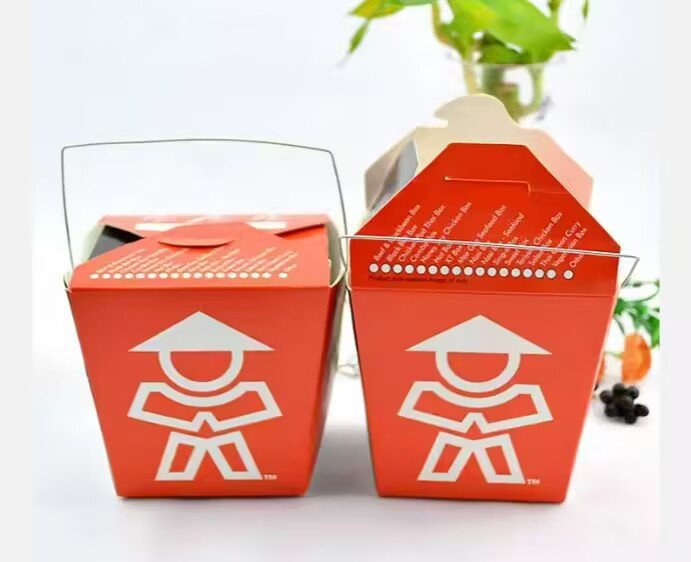Plastic ban and solutions for European supermarkets in 2025 (8)
Ganyuan
2025 年 5 月 21 日
Starting in 2025, multiple European countries will officially enforce stricter bans on single-use plastics. For many brands engaged in food packaging, takeout, and retail, this is not just a policy hurdle but also a comprehensive material revolution. Especially in the supermarket industry, which once heavily relied on plastic pallets, foam boxes, straws, and plastic cups, as the ban tightens, alternative materials have become the focus of market attention. Sugarcane waste products are increasingly being chosen by more and more European customers at this critical juncture.
1. Why must plastic be replaced?
Although plastic is inexpensive and performs well, the environmental issues it brings cannot be ignored: it takes over a century for plastic to decompose, and burning or landfilling it releases harmful gases; microplastics have entered water bodies and food chains, posing a threat to human health. Moreover, most plastics cannot be truly recycled; they can only undergo “pseudo-recycling,” ultimately becoming sources of pollution. Therefore, the EU has explicitly stated that by 2030, a sustainable circular economy system must be established, with single-use plastics being the primary target for elimination.
2.What kind of alternatives are needed?
At present, there are three main alternative materials on the market: PE film paper, recycled plastic and plant fiber products. Among them, the advantages of sugarcane bagasse plant fiber products are very obvious:
(一)100% compostable degradation, which can be degraded within weeks in natural or industrial compost;
(二)There is no need for separation treatment, and it can be directly treated as kitchen waste after use;
(三)The production process has low energy consumption and less carbon emission, which is a truly green and environmentally friendly material;
(四)The natural touch and visual beauty are very much in line with European consumers' preference for sustainable products.
In contrast, PE film paper looks like paper, but because it is covered with a layer of plastic film on the surface, it must be separated in a complex way during recycling, which is costly and inefficient; even if traditional plastic products are recycled, they cannot solve the fundamental environmental problems. According to our data comparison:

3.Why are supermarket and brand customers paying attention to bagasse packaging?
From a supply chain perspective, bagasse packaging not only complies with EU plastic bans but also helps brands enhance their sustainability image, which is crucial for companies that prioritize social responsibility and ESG ratings. Especially in today’s market environment where consumers are highly sensitive to “environmental protection,” choosing green packaging often directly impacts brand loyalty and market performance. Moreover, bagasse products are well-suited for supermarket use cases such as fresh produce trays, chilled food boxes, ready-to-eat meal containers, and takeout bowls. They can replace plastics and add value to products. We have already seen large chain supermarkets like France’s Carrefour, Germany’s Aldi, and the UK’s Waitrose extensively adopting plant fiber trays to reduce plastic usage. The entire market is moving towards a “zero-plastic” direction.

4. Our strengths and services
As a foreign trade factory focusing on the export of eco-friendly packaging made from bagasse, we provide full-process services from product development, mold customization, mass production to export clearance. Currently, we have several mature series of products sold to European, Japanese, American and Australian markets, with customers including supermarket chains, food delivery platforms, food brands and packaging buyers.
Our product features include:
✅ Certified by the European Union EN13432 for composting
✅ Support OEM/ODM customization
✅ Suitable for refrigeration, freezing, microwave and other use scenarios
✅ Safe and non-toxic, food grade standard
✅ The minimum order quantity is flexible and suitable for trial marketing
5. Conclusion
If you are looking for packaging solutions suitable for the European plastic ban, please feel free to contact us for more details, samples, and quotes on bagasse products. We are willing to work with global customers to provide truly implementable solutions for a zero-plastic future. The plastic ban in European supermarkets by 2025 is both a challenge and an opportunity. Bagasse eco-friendly packaging not only aligns with policy and market trends but is also a reliable green solution. In today’s world where environmental protection has become a “mandatory course” for brands, choosing the right materials is an investment in the future.
Recent News



